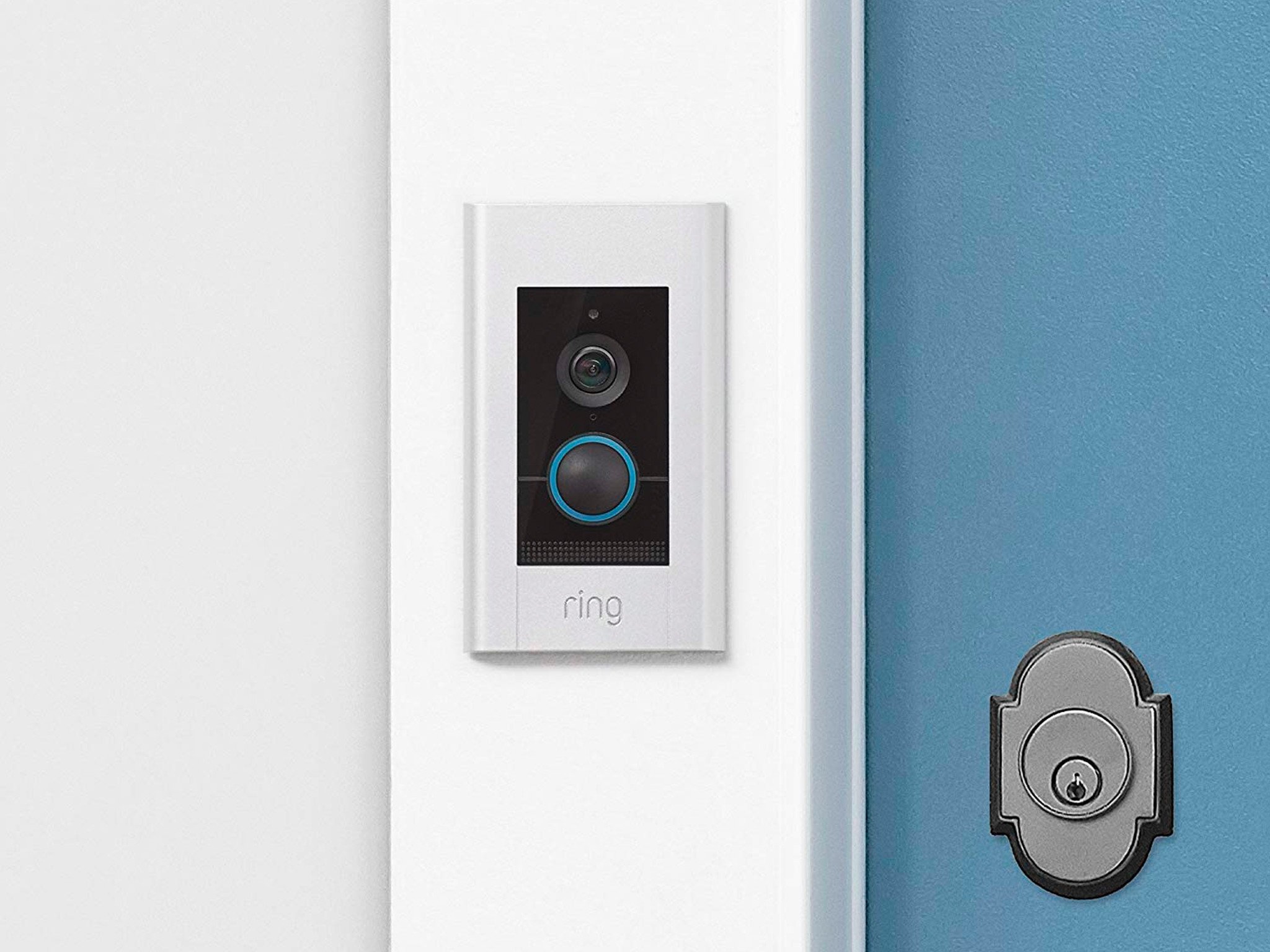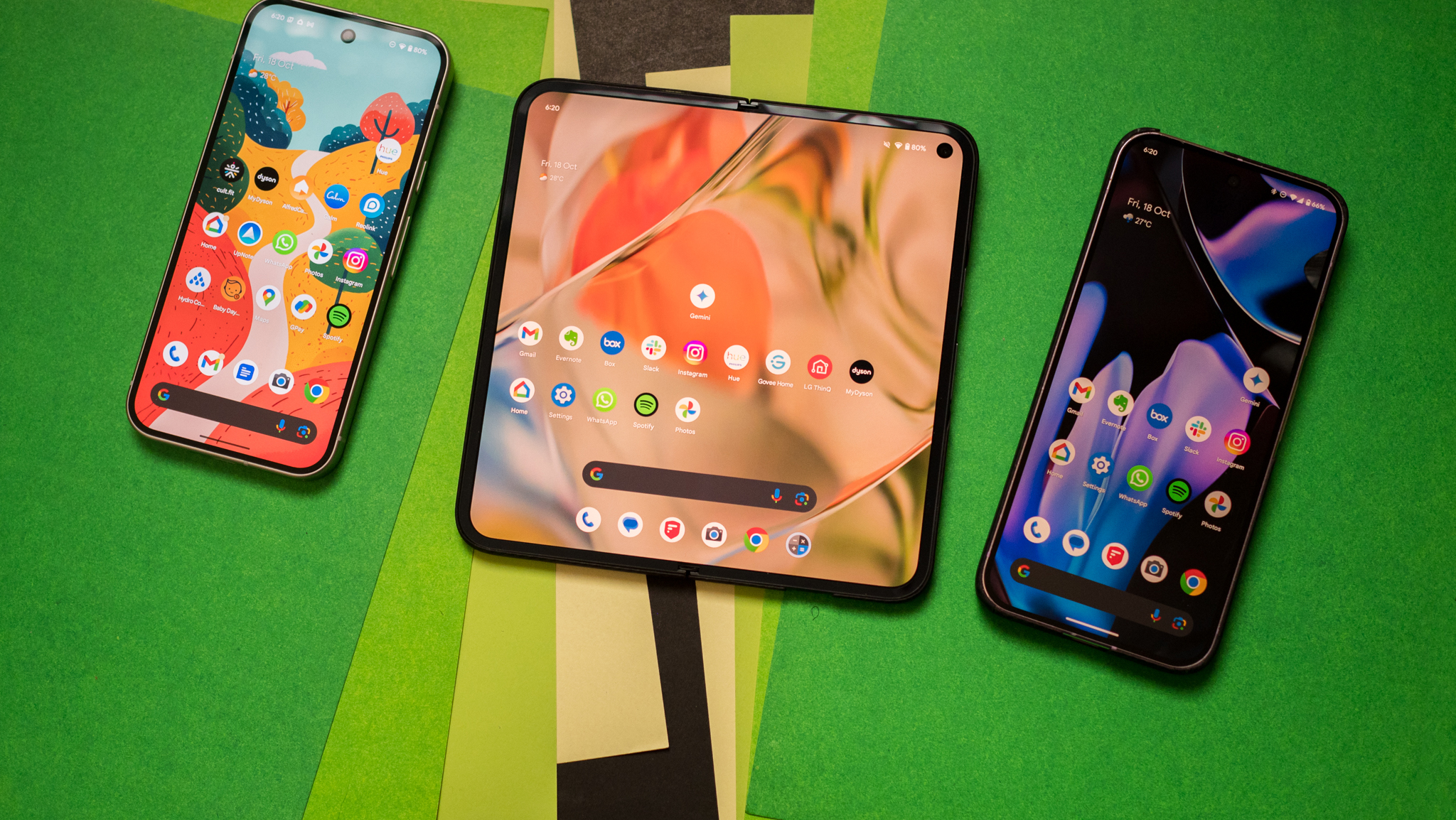Amazon apparently handed Ring footage to the police without consent
Amazon admitted in a letter that it released Ring video footage without consent.

What you need to know:
- Amazon discloses that it has released 11 clips to law enforcement this year without user consent.
- Amazon has not announced which clips have been released.
- U.S. Sen. Edward Markey has been investigating Amazon's Ring and its relationship with law enforcement agencies.
An alarming report by ABC News raises some serious concerns about Ring devices.
Amazon has been releasing video footage from Ring doorbell cameras to law enforcement without a warrant or user consent.
There have been 11 separate videos that have been sent to the police just this year, though it has not specified which videos have been shared.
This distressing discovery came in a letter from Amazon that was made public by U.S. Sen. Edward Markey. This was in response to a separate letter sent to the company by the Massachusetts Democrat, questioning Ring's surveillance practices and close relationship with law enforcement.
Brian Huseman, Amazon's vice president for public policy, attempts to justify releasing the footage in the letter, wrote "Ring made a good-faith determination that there was an imminent danger of death or serious physical injury to a person requiring disclosure of information without delay."
In response, Senator Markley said the partnerships Ring has been making with law enforcement are alarming and risky. He highlights how Amazon's partnerships with law enforcement agencies have increased roughly 500% since 2019.
"We cannot accept this as inevitable in our country. Increasing law enforcement reliance on private surveillance creates a crisis of accountability, and I am particularly concerned that biometric surveillance could become central to the growing web of surveillance systems that Amazon and other powerful tech companies are responsible for," he said in a statement.
Be an expert in 5 minutes
Get the latest news from Android Central, your trusted companion in the world of Android
Markey also names other privacy concerns, such as Amazon's refusal to commit to end-to-end encryption as a default storage option on Ring devices and failure to clarify audio recording distance.
Amazon disagreed with the statements and provided Android Central with the following response:
"It’s simply untrue that Ring gives anyone unfettered access to customer data or video, as we have repeatedly made clear to our customers and others. The law authorizes companies like Ring to provide information to government entities if the company believes that an emergency involving danger of death or serious physical injury to any person, such as a kidnapping or an attempted murder, requires disclosure without delay. Ring faithfully applies that legal standard."
Besides this massive invasion of privacy, the Ring devices have caused quite a headache for some folks over the years since their release. The system has been hacked quite a few times before and has caused some potentially dangerous situations.
In 2019, a Ring security camera in a Mississippi child's bedroom was hacked, and the hacker directed an 8-year-old to destroy their room. In Georgia, another Ring security camera was hacked into a couple's bedroom, and the hacker can be heard yelling expletives to the sleeping couple.
Ring devices are sold by Amazon, and their intended purpose is for user safety, allowing them to monitor what is going on from the built-in camera. The video captured can be streamed live to a device or can be recorded and stored in a cloud monitored by Amazon.
You can check out our safety review on Ring devices to determine whether Ring is right for you.
